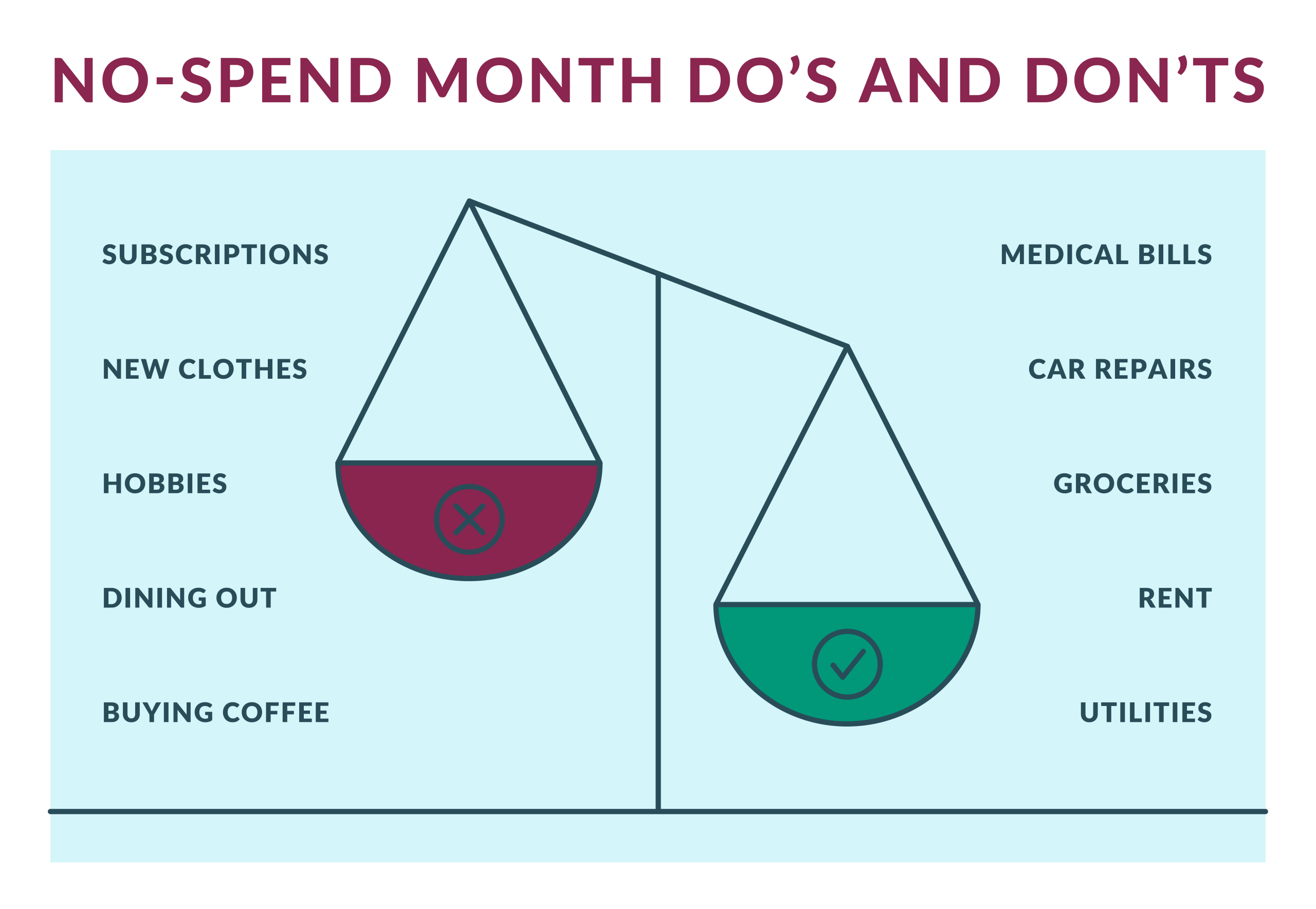Anúncios
Credit history is a detailed record of the financial activities of an individual or company, reflecting the ability to honor financial commitments over time.
This history consists of information about loans, credit cards, financing, and other types of debts, as well as payment behavior, such as punctuality and regularity.
Therefore, in this text, we will talk about what credit history is and its importance. Follow along and check it out!
What is credit history?
Credit history is a comprehensive compilation of the financial transactions of an individual or company, documenting all types of credit used over time.
This record includes detailed information about loans, credit cards, financing, and other forms of acquired credit, as well as monitoring the regularity and punctuality of payments made.
Each time a payment is made or a new line of credit is opened, this information is added to the credit history, which is maintained by credit agencies.
These agencies collect and organize data from different sources, such as banks, financial institutions, stores, and utility companies.
The goal is to provide a clear and accurate view of the financial behavior of a person or company.
In addition to payment and debt records, credit history may also contain information about defaults, title protests, debt-related lawsuits, and other relevant financial events.
Analysis of credit history is crucial for various institutions, such as banks and financial institutions, which use this information to assess the risk of granting credit to an applicant.
A good credit history, characterized by timely payments and efficient debt management, can open doors to better credit terms. While a negative history can result in difficulties in obtaining financing and higher interest rates.
Understand the importance of credit history
Credit history plays a fundamental role in the modern financial system, serving as a crucial indicator of the ability and responsibility of an individual or company to manage its financial obligations.
The importance of this record is evident in various areas of financial life.
Obtaining credit
A positive credit history is essential for obtaining loans, financing, and credit cards.
Financial institutions use this information to assess the risk associated with granting credit.
A good credit history can facilitate the approval of applications and allow access to credit lines with more favorable conditions.
Impact on interest rates
The quality of credit history directly influences the interest rates offered.
A solid history, with timely payments and a low default rate, can result in lower interest rates, reducing the total cost of credit.
Conversely, an unfavorable credit history can lead to higher interest rates, making financing and loans more expensive.
Good payment conditions
In addition to interest rates, general payment conditions, such as terms and credit limits, are also impacted by credit history.
A good history can provide longer terms and higher credit limits, while a negative history can restrict these conditions.
Facilities in various sectors
Credit history can be checked by companies in various sectors when hiring services, such as telecommunications providers, internet, and cable television.
A favorable history can facilitate hiring and avoid the need for additional deposits or guarantees.
Landlords and real estate agents often check the credit history of potential tenants to assess the likelihood of timely rent payment.
A positive history can increase the chances of approval for property rentals, while a negative history can be a significant obstacle.
In some cases, employers also check credit history during hiring processes, especially for positions involving financial responsibilities.
A solid credit history can be seen as an indication of reliability and responsibility.
Another important issue is that insurance companies can use credit history to determine risk and calculate insurance premiums.
Given these factors, it is evident that maintaining a healthy credit history is vital to making the most of financial opportunities and ensuring long-term economic stability.
Careful management of personal finances, including timely payment of debts and maintaining debt levels under control, is essential to building and preserving good credit history.
Know what is considered a good history
A good credit history is characterized by a series of positive financial practices and behaviors that demonstrate the ability and responsibility of an individual or company to manage its financial obligations.
The most critical factor for a good credit history is the timeliness of payment obligations.
Payments made within the agreed-upon timeframe show that the individual or company is reliable and consistently fulfills its financial commitments.
Maintaining a healthy balance between accumulated debt and the ability to pay is also essential.
Ideally, the total amount of debt should be proportional to income or available assets, avoiding excessive indebtedness that may compromise the ability to honor future obligations.
A history that includes different types of credit, such as credit cards, personal loans, vehicle financing, and mortgages, can be seen as a positive sign.
The ability to manage various types of credit effectively demonstrates versatility and financial responsibility. Responsible use of available credit is crucial.
Avoiding maximizing credit limits and keeping credit card balances below 30% of the available limit are recommended practices. This indicates good financial control and reduces the perceived risk by lenders.
A long credit history, with records of various accounts opened and managed over the years, is preferable.
This provides lenders with a more comprehensive view of long-term financial behavior, increasing confidence in the financial stability of the individual or company.
Thus, a good credit history is built through careful and responsible management of finances over time.
Timely payments, moderate and diversified use of credit, and maintaining a healthy relationship with debts are essential components.
These factors, combined, reflect a positive image for lenders, increasing the chances of obtaining credit on more favorable terms and ensuring future financial opportunities.
What is the difference between credit history and credit report?
Credit history and credit report are related but distinct concepts in the context of financial evaluation.
Both are important to understand the financial health of an individual or company but serve different purposes and contain specific information.
Credit history is a continuous and detailed record of all financial activities, while the credit report is a synthesis of this history into an easily readable and interpretable document.
Credit history serves as a complete database accessible at any time, while the credit report is used for specific and punctual assessments.
In this way, credit history is a collection of data, while the credit report is a structured document that presents this data in a summarized and interpretive manner.
Thus, credit history and credit report are complementary tools that together provide a complete view of the credit capacity and financial behavior of an individual or company.
Tips to improve your credit history
Now, here are the main tips for you to improve your credit history the right way:
Pay bills on time
Timeliness in payments is one of the most important factors for a good credit history.
Late or missed payments can seriously harm your credit score.
Keep old accounts active
Keeping old credit accounts open can benefit your credit history as it demonstrates a long-term and stable relationship with creditors.
Even if you don’t need credit often, use your old cards occasionally for small purchases and pay the balance in full.
Unless there is a high annual fee or other valid reason, avoid canceling old credit cards.
Avoid applying for too many credit cards
Applying for too many credit cards in a short period can be seen as a risk signal by creditors and can negatively impact your credit score.
Apply for new credit cards only when necessary and with planning.
Before applying for a new card, assess whether you really need it or if you can manage your finances with existing cards.
If you need more than one credit card, try to space out the applications over time, avoiding multiple credit inquiries in a short period.
Keep card balances low
Keeping credit card balances low relative to available limits is crucial for a good credit history.
This demonstrates financial control and reduces the perceived risk by creditors.
Whenever possible, pay the full balance of the credit card. If not feasible, pay at least a substantial portion, significantly reducing the outstanding balance.
Try to keep credit utilization below 30% of the available limit on each card.
If you have multiple credit cards, distribute spending among them to avoid one card having a very high balance relative to its limit.
With these tips, you maintain a good credit history and can make the most of your money. Browse the site for more financial tips for you!






